The word 'Avatar' is rooted in the Sanskrit term 'अवतार' (Avatāra), derived from 'अव' (ava) meaning "down" and 'तरण' (taraṇa) meaning "to cross" or "to descend." Together, 'अवतार' (Avatāra) means "descent," signifying the Supreme God's divine act of descending into the material world. The full phrase 'अवतरणं हि अवतारः' (Avataraṇam hi Avatāraḥ)translates to "The descent indeed is the Avatar," emphasising this profound concept.
There are mainly four kinds of avatars mentioned in the scriptures, each serving a unique purpose:
- Avesh Avatar: In this form, a soul is endowed with divine powers to fulfil Bhagwan's purpose. Through this soul, God performs His work. For example, the Buddha and Narad Muni are considered Avesh Avatars.
- Prabhav Avatar: Bhagwan manifests only a few of His powers in this form. Sometimes, He may descend for just a brief moment, like in the Hans (Swan) avatar, where He answered the questions of Nar-Narayan and then departed. Another example is Ved Vyas, who is Chiranjeevi (immortal) but only displays a portion of His divine powers.
- Vaibhav Avatar: In this type of avatar, even more, divine shaktis (powers) are manifested. Examples include Matsya, Varah, and Kurma avatars.
- Para-avastha Avatar: Here, Bhagwan displays all His divine opulence. Shree Krishna and Shree Ram are the most renowned examples.
As Bhagwan Krishna declares in the Bhagavad Gita:
यदा यदा हि धर्मस्य ग्लानिर्भवति भारत |
अभ्युत्थानमधर्मस्य तदात्मानं सृजाम्यहम् ||
yadā yadā hi dharmasya glānir bhavati bhārata
abhyutthānam adharmasya tadātmānaṁ sṛijāmyaham (Gita 4.7)
Meaning: Whenever there is a decline in righteousness and an increase in unrighteousness, O Arjun, at that time I manifest Myself on earth.
God takes the avatar. Shree Krishna says, "Look, Arjun, although I am before you, yet I am unborn, eternal, unchanging. Don't forget that."
Just because we are in the world of maya doesn't mean whoever has come here is mayadhin (under maya).
Akbar's Awakening: Birbal's Lesson on Divine Intervention
One day, a curious and sceptical Emperor Akbar asked Birbal, "Birbal, what is this theory you Hindus believe in? That God descends to this earth? What a dreadful place this is! Why would the formless God take an Avatar, as you claim?"
Knowing that Akbar needed a more profound realisation, Birbal decided to teach him a lesson in his own clever way.
That evening, as Akbar went for his usual boat ride on the serene waters of the Yamuna, Birbal followed in another boat, keeping a close distance. In his lap, Birbal held what appeared to be Akbar's infant child, wrapped in a blanket. He called out to Akbar, "Baadshah Salamat, your child—look!"
Before Akbar could react, Birbal threw the bundle into the water. In a heartbeat, Akbar leapt from his boat into the river, plunging into the cold waters. He struggled through the currents, desperate to save his child, his regal attire soaked and heavy. But when he reached the spot, to his shock, he found not his child but a mere doll dressed to look like his infant.
Gasping for breath and drenched from head to toe, Akbar looked up at Birbal, bewildered and angry. Birbal, however, was calm. He bowed slightly and said, "Huzoor, you are, but a human, yet to rescue what you believed was your child, you did not hesitate to jump into the water, risking your life. Now tell me, is it so hard to believe that God, who is the father of all, would not do the same for His children? When He sees His children suffering, why would He not descend to save them? The love and concern you feel as a father are but a fraction of what God feels for us. His compassion is infinite, and so He takes Avatar to rescue us from our miseries."
Akbar, still recovering from the shock, was silent. But in that silence, he understood the profound truth Birbal had shown him.
We sometimes wonder, "Does God love me or not?" The fact is that He loves us so immensely that we cannot realise it—only we are unable to perceive it right now. That love of His motivates Him to take Avatar. That is why He says, "Arjun, when these things happen, I descend upon the earth."


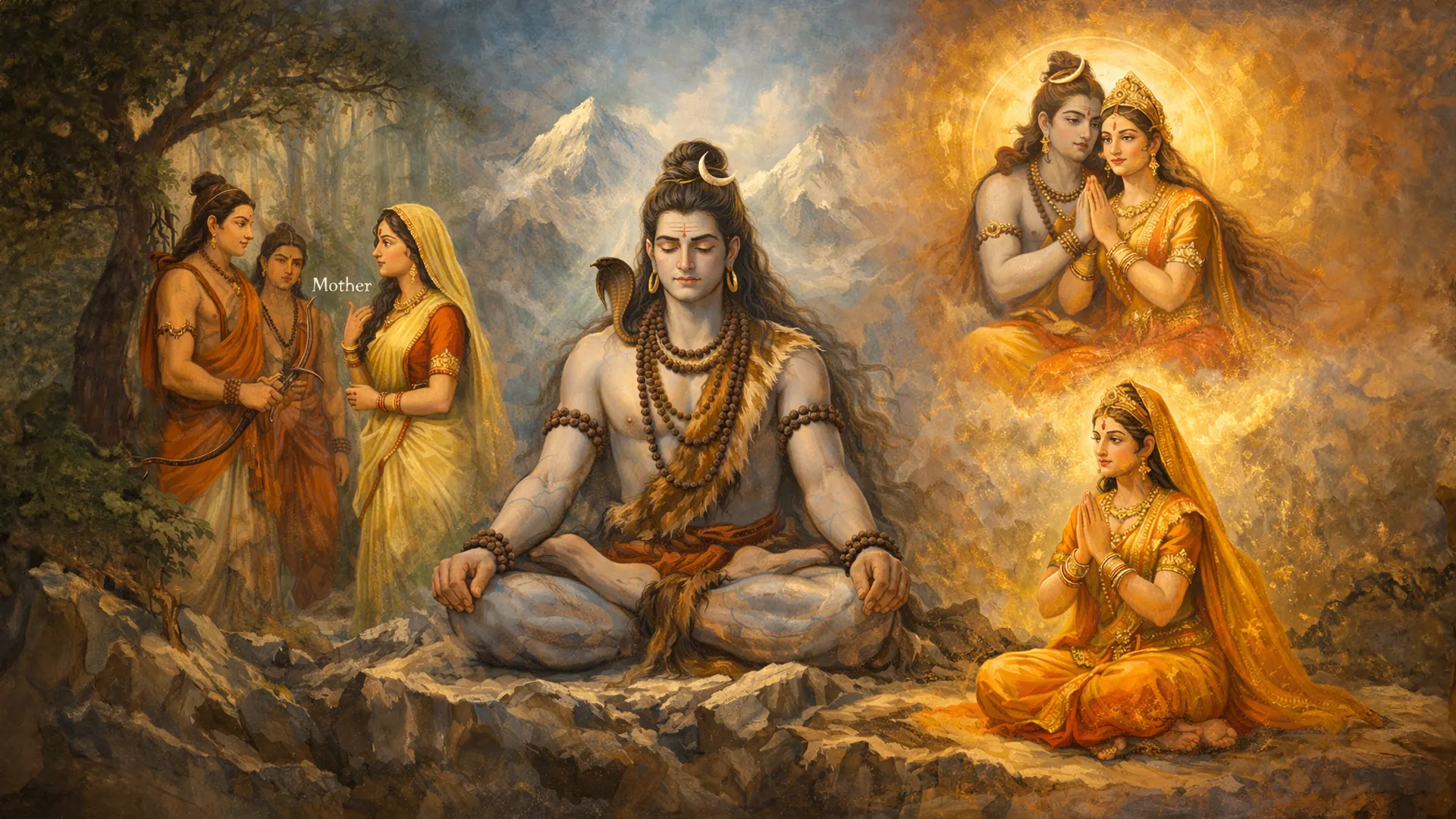
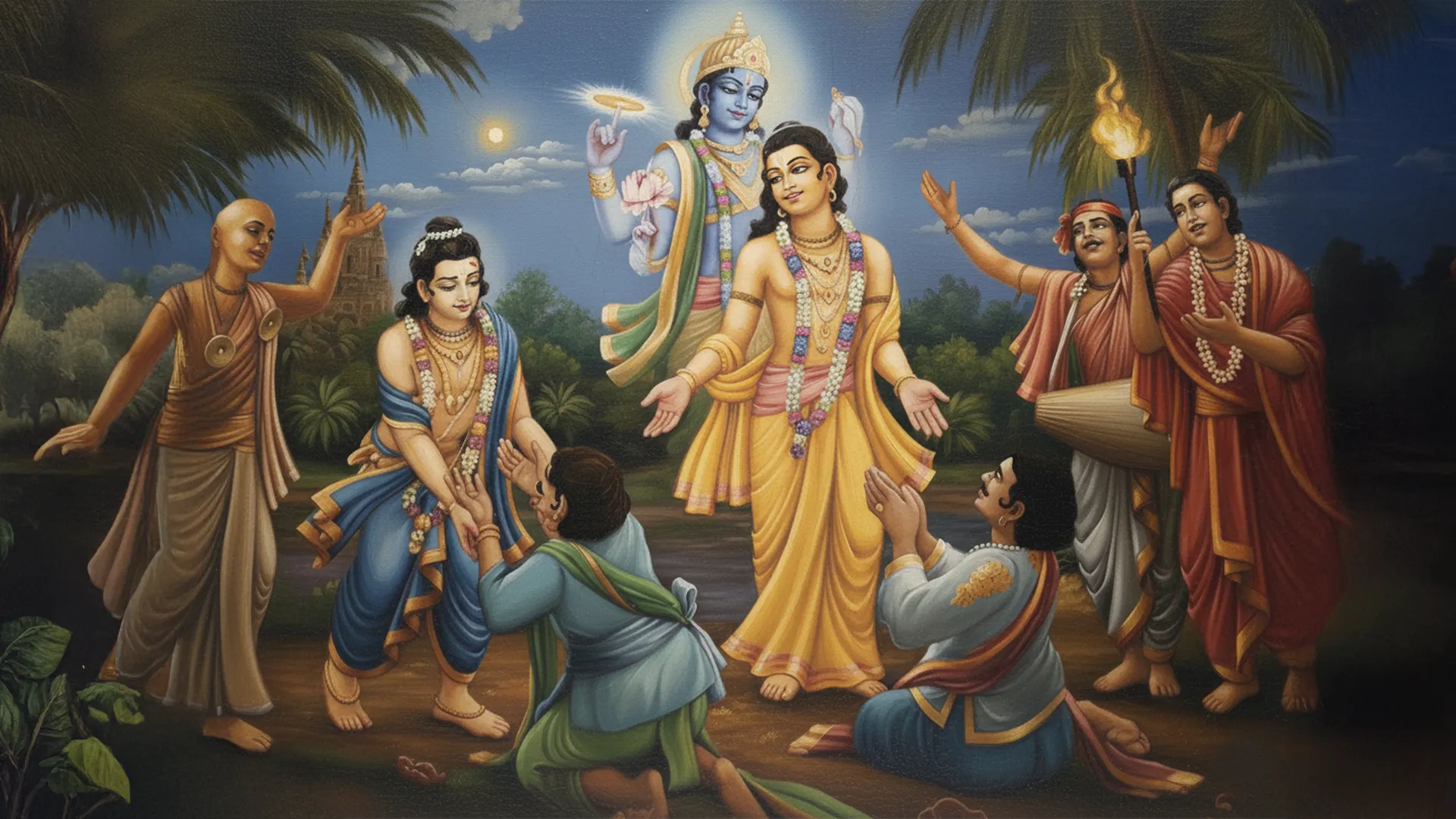
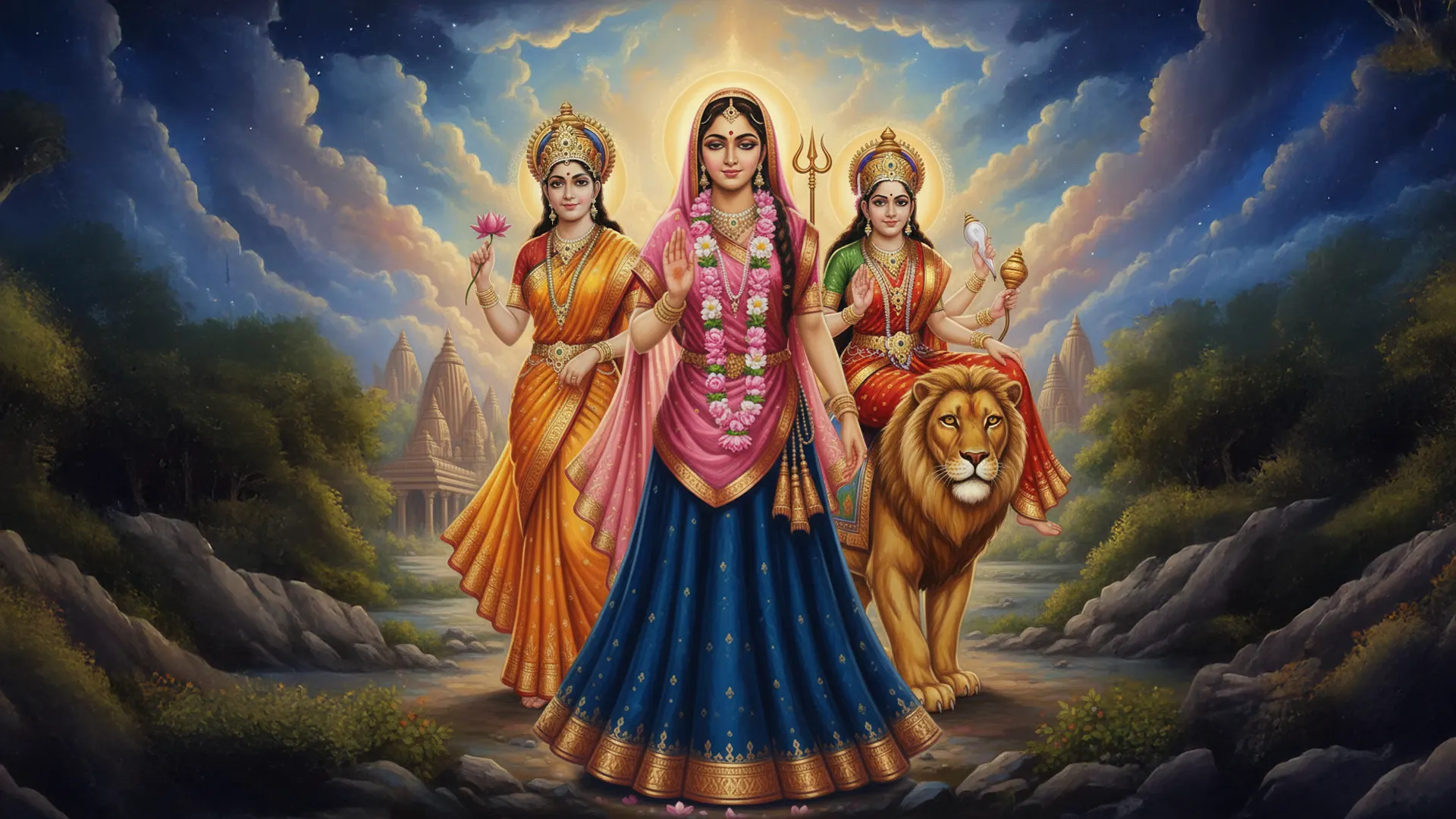
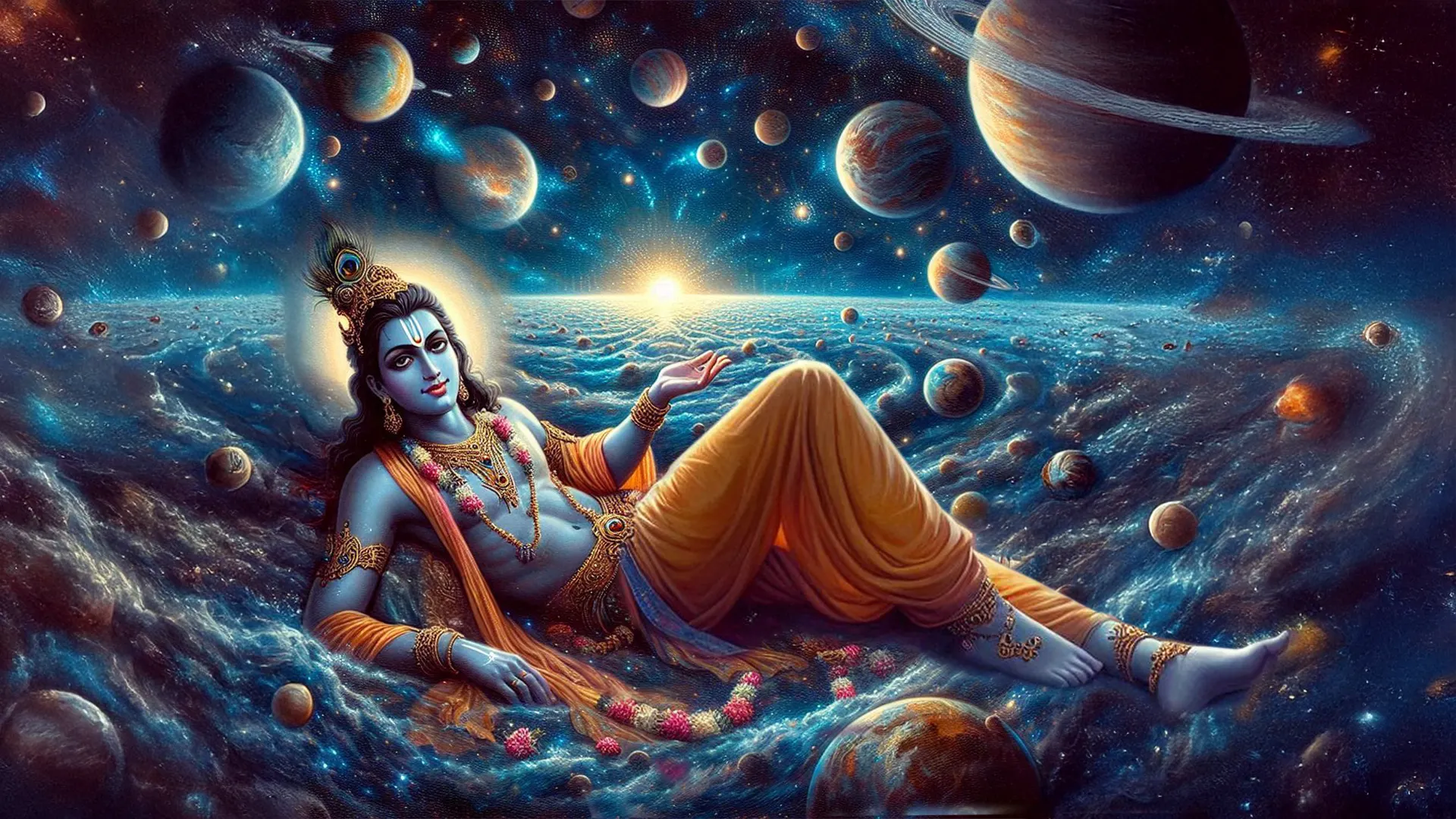
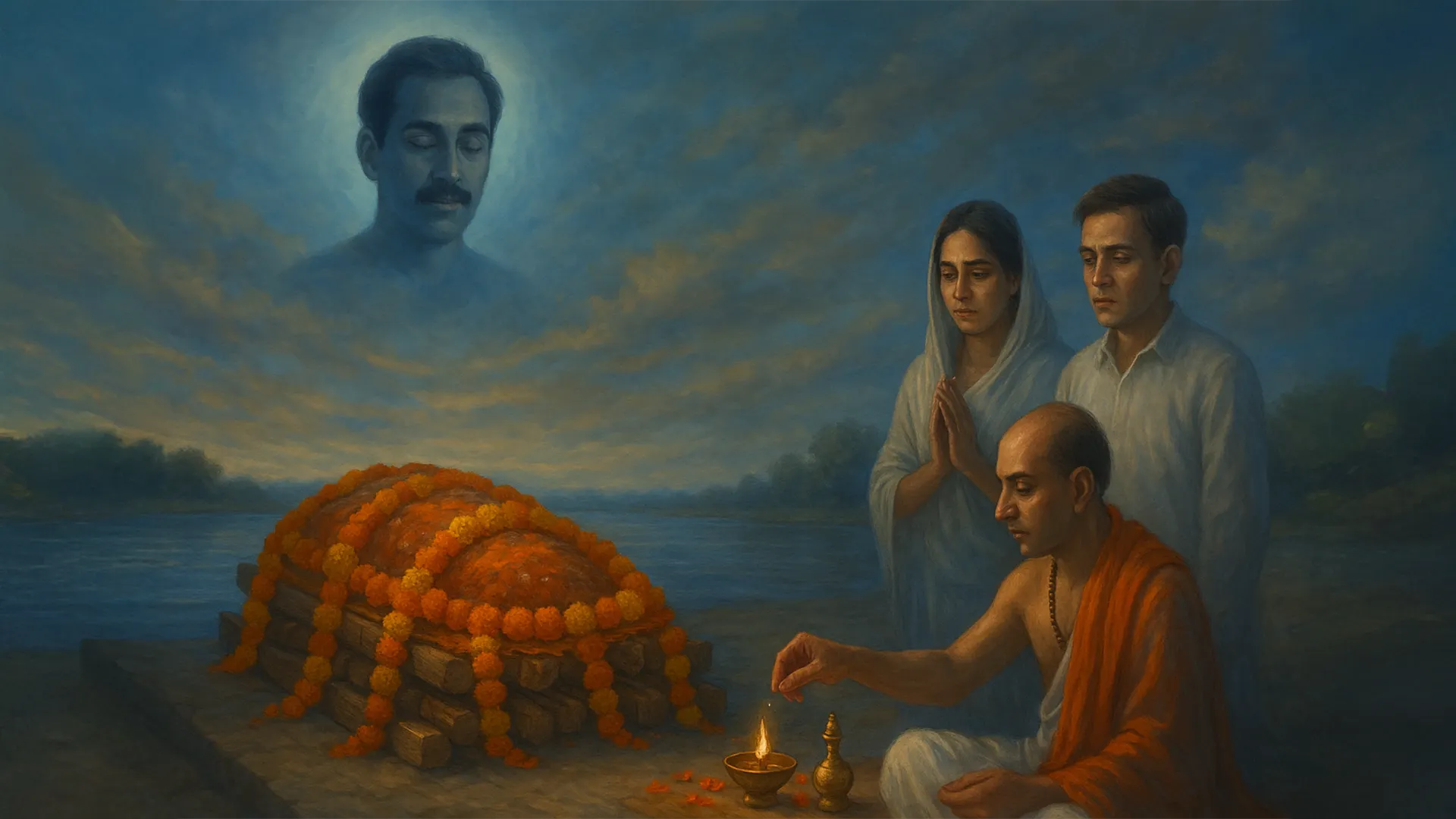
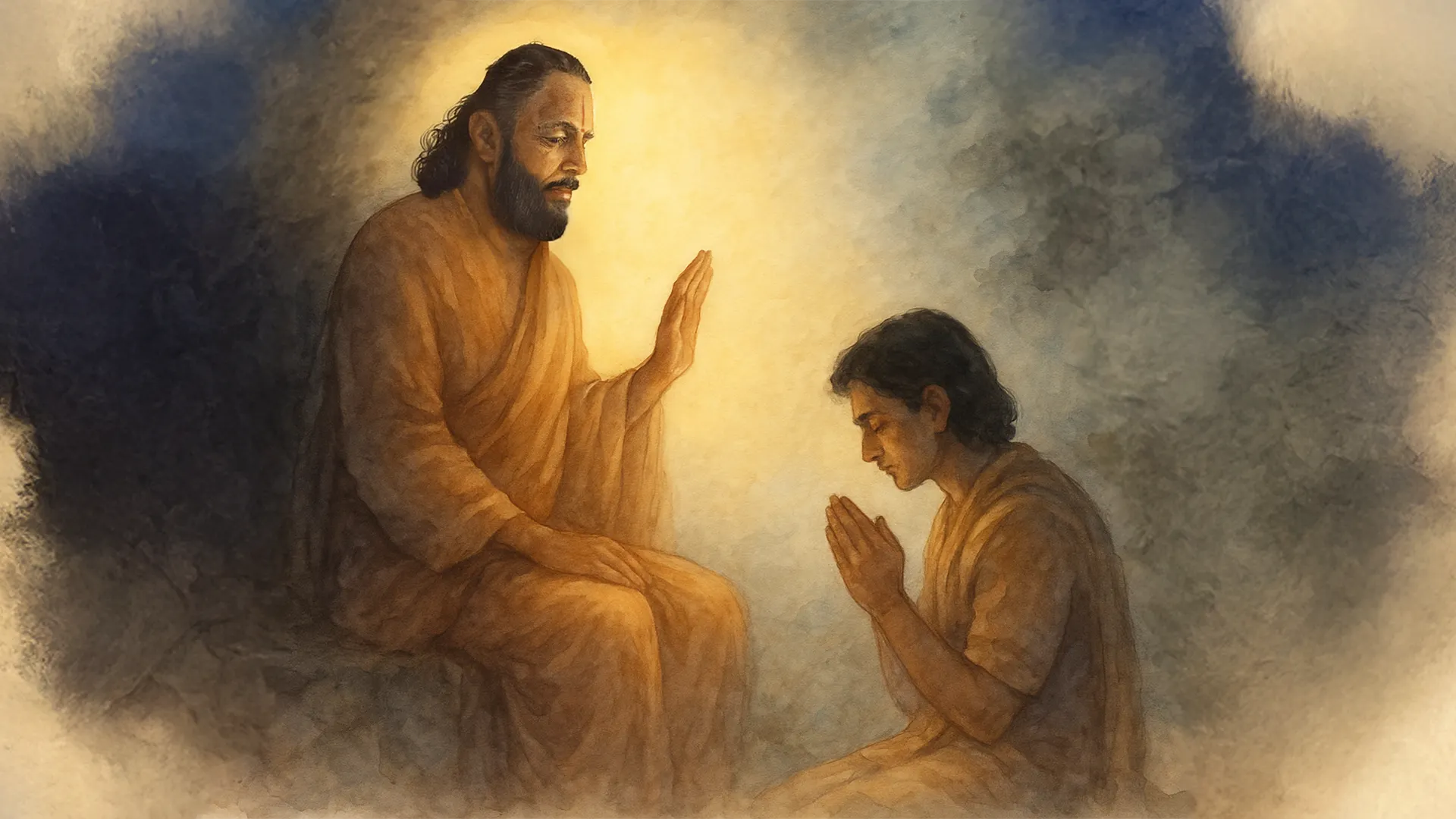
What our Participants say